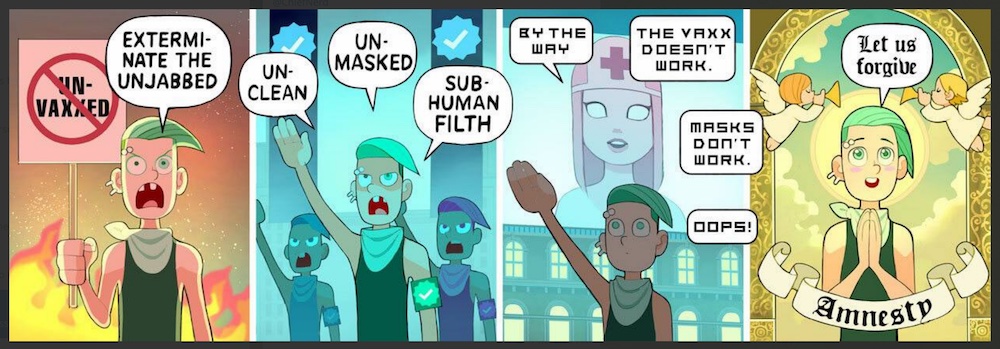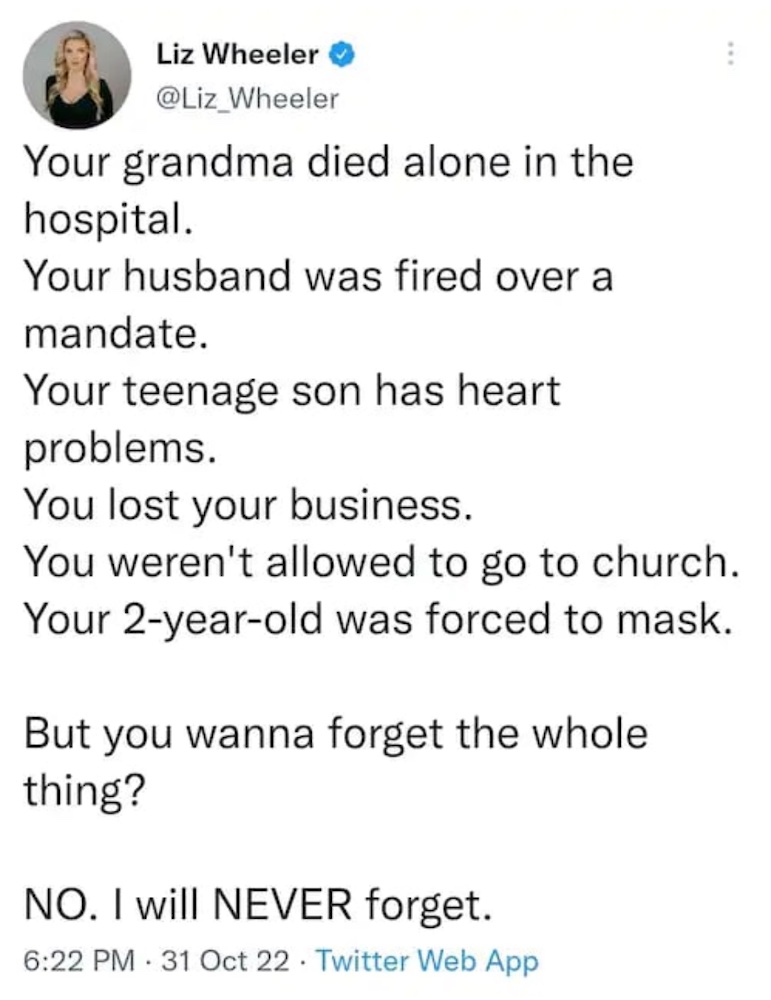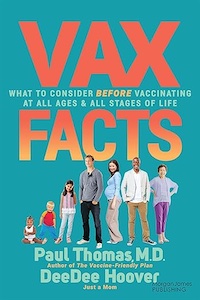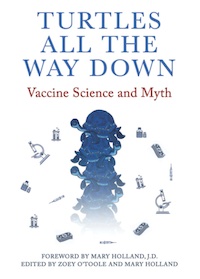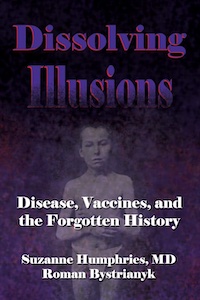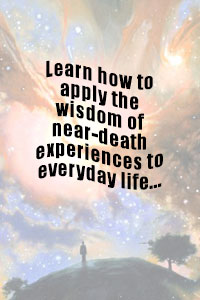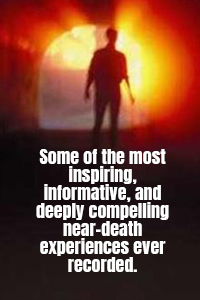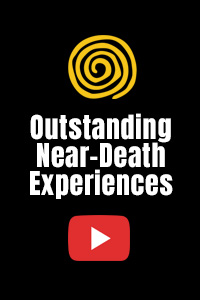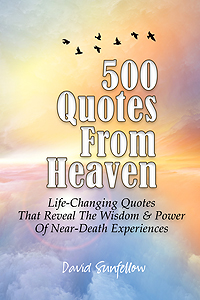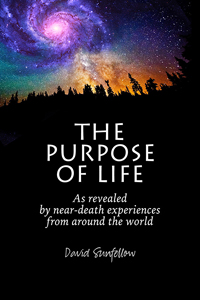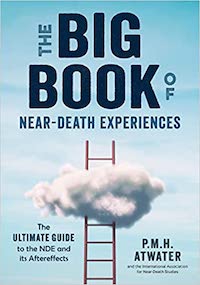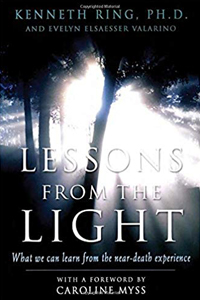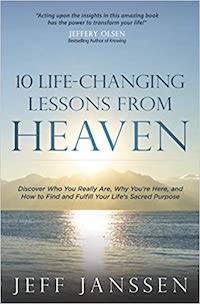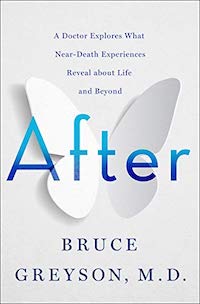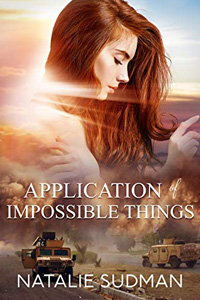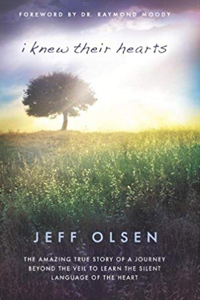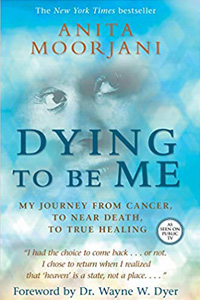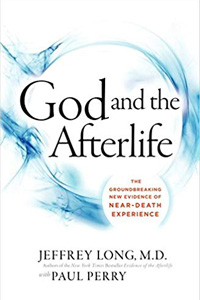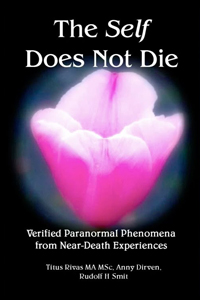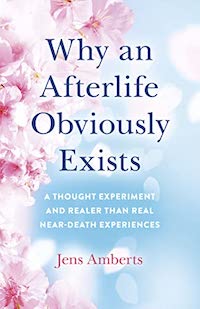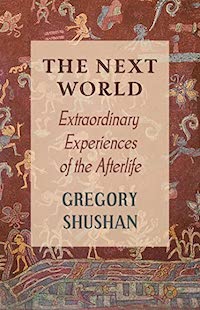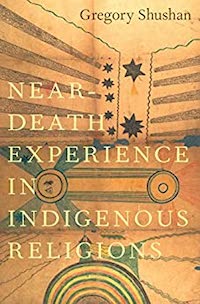…………….
Return To Main COVID-19 Resource Page
…………….
Emily Oster’s “Let’s Declare A Pandemic Amnesty” Inspires Intense Backlash
…………….
An essay by economist and pro-mandate, pro-mask-wearing, pro-vaccine advocate Emily Oster that appeared in The Atlantic has ignited a firestorm of indignant and irate responses from people who have been deeply affected by ill-conceived COVID-19 policies (invasive testing, masking, social distancing, lockdowns, mandates, hospital deaths via deadly protocols, suppressed and ignored vaccine deaths and injuries, families prevented from attending funerals and visiting loved ones in hospitals and nursing homes, business closures, school closures, church closures, travel restrictions, domestic violence, family breakups, suicides, economic disasters, supply chain delays and breakdowns, and the astonishing suppression of free speech which has been aggressively promoted — and enforced — by a globally coordinated alliance of Big Pharma, Big Government, Big Tech, and Big Media.
What, exactly, did Emily, say? And what kind of responses did her essay generate? A small sample follows…
…………….
LET’S DECLARE A PANDEMIC AMNESTY
Let’s focus on the future, and fix the problems we still need to solve.
By Emily Oster
The Atlantic
October 31, 2022
In April 2020, with nothing else to do, my family took an enormous number of hikes. We all wore cloth masks that I had made myself. We had a family hand signal, which the person in the front would use if someone was approaching on the trail and we needed to put on our masks. Once, when another child got too close to my then-4-year-old son on a bridge, he yelled at her “SOCIAL DISTANCING!”
These precautions were totally misguided. In April 2020, no one got the coronavirus from passing someone else hiking. Outdoor transmission was vanishingly rare. Our cloth masks made out of old bandanas wouldn’t have done anything, anyway. But the thing is: We didn’t know.
I have been reflecting on this lack of knowledge thanks to a class I’m co-teaching at Brown University on COVID. We’ve spent several lectures reliving the first year of the pandemic, discussing the many important choices we had to make under conditions of tremendous uncertainty.
Some of these choices turned out better than others. To take an example close to my own work, there is an emerging (if not universal) consensus that schools in the U.S. were closed for too long: The health risks of in-school spread were relatively low, whereas the costs to students’ well-being and educational progress were high. The latest figures on learning loss are alarming. But in spring and summer 2020, we had only glimmers of information. Reasonable people — people who cared about children and teachers — advocated on both sides of the reopening debate.
Another example: When the vaccines came out, we lacked definitive data on the relative efficacies of the Johnson & Johnson shot versus the mRNA options from Pfizer and Moderna. The mRNA vaccines have won out. But at the time, many people in public health were either neutral or expressed a J&J preference. This misstep wasn’t nefarious. It was the result of uncertainty.
Obviously some people intended to mislead and made wildly irresponsible claims. Remember when the public-health community had to spend a lot of time and resources urging Americans not to inject themselves with bleach? That was bad. Misinformation was, and remains, a huge problem. But most errors were made by people who were working in earnest for the good of society.
Given the amount of uncertainty, almost every position was taken on every topic. And on every topic, someone was eventually proved right, and someone else was proved wrong. In some instances, the right people were right for the wrong reasons. In other instances, they had a prescient understanding of the available information.
The people who got it right, for whatever reason, may want to gloat. Those who got it wrong, for whatever reason, may feel defensive and retrench into a position that doesn’t accord with the facts. All of this gloating and defensiveness continues to gobble up a lot of social energy and to drive the culture wars, especially on the internet. These discussions are heated, unpleasant and, ultimately, unproductive. In the face of so much uncertainty, getting something right had a hefty element of luck. And, similarly, getting something wrong wasn’t a moral failing. Treating pandemic choices as a scorecard on which some people racked up more points than others is preventing us from moving forward.
We have to put these fights aside and declare a pandemic amnesty. We can leave out the willful purveyors of actual misinformation while forgiving the hard calls that people had no choice but to make with imperfect knowledge. Los Angeles County closed its beaches in summer 2020. Ex post facto, this makes no more sense than my family’s masked hiking trips. But we need to learn from our mistakes and then let them go. We need to forgive the attacks, too. Because I thought schools should reopen and argued that kids as a group were not at high risk, I was called a “teacher killer” and a “génocidaire.” It wasn’t pleasant, but feelings were high. And I certainly don’t need to dissect and rehash that time for the rest of my days.
Moving on is crucial now, because the pandemic created many problems that we still need to solve.
Student test scores have shown historic declines, more so in math than in reading, and more so for students who were disadvantaged at the start. We need to collect data, experiment, and invest. Is high-dosage tutoring more or less cost-effective than extended school years? Why have some states recovered faster than others? We should focus on questions like these, because answering them is how we will help our children recover.
Many people have neglected their health care over the past several years. Notably, routine vaccination rates for children (for measles, pertussis, etc.) are way down. Rather than debating the role that messaging about COVID vaccines had in this decline, we need to put all our energy into bringing these rates back up. Pediatricians and public-health officials will need to work together on community outreach, and politicians will need to consider school mandates.
The standard saying is that those who forget history are doomed to repeat it. But dwelling on the mistakes of history can lead to a repetitive doom loop as well. Let’s acknowledge that we made complicated choices in the face of deep uncertainty, and then try to work together to build back and move forward.
…………….
Laura Ingraham: No Amnesty!
…………….
Neil Oliver: “They Want Us To Do What?!?” (Pandemic Amnesty)
…………….
Del Bigtree On Pandemic Amnesty: “When You Are Ready To Repent, I’m Ready To Forgive!”
See Also: Del Bigtree Responds to Calls for Amnesty: “When You’re Ready to Repent, I’m Ready to Forgive”
…………….
No Justice, No Peace (Pandemic Amnesty)
…………….
Let’s Declare A Pandemic Amnesty (How About…)
…………….
Jimmy Dore On Pandemic Amnesty
…………….
…………….
“Amnesty” Is Not The Solution To Disastrous Policy Decisions (AJ Kay – 10/31/22)
Excerpt:
“I’m so sorry you got hurt. How could I have known it would hurt you when I hit you with that bat?”
“I appreciate your apology, but it will be hard to stay friends knowing you’re capable of something like that.”
“Like what? I didn’t know the bat would hurt you. How could I have known?”
“Because physics, physiology, common sense — Oh, and I screamed, ‘Don’t hit me, that’s going to hurt!’ right before you did it and, ‘That hurt!’ right after.”
“Well, I’ve never read a study that concludes that hitting people with baseball bats will hurt them. In fact, I was told it was necessary to keep us all safe and that anyone who refuses is selfish.”
“And you believed that? That’s crazy!”
“Well, obviously, I don’t anymore. Duh.”
“But why did you believe it then?”
“Because I didn’t know.”
“Are you going to hit me again?”
“No way … unless, of course, it will keep everyone safe.”
That about sums up the conversation for me.
…
Emily’s diagnosis of the problem is: “The people who got it right, for whatever reason, may want to gloat … Treating pandemic choices as a scorecard on which some people wracked up more points than others is preventing us from moving forward.”
Are you kidding, Emily? The backlash to this article was not a result of some trivial scorekeeping fixation. These policies hurt people. They killed people.
And it’s misleading to even talk about “choices” because, in most cases, we didn’t have any (at least not legally). Masks were mandated. Testing was mandated. Vaccines were mandated. Travel was restricted. These “choices” were imposed upon people.
And the worst part is that we absolutely knew better.
And we’re not going to allow people to claim they didn’t.
Not because of “points” but because we don’t want it to happen again.
…………….
Osterism: When You Want To Move On From The Damage You Helped Cause But Haven’t Told The Truth About It (E. Woodhouse – 10/31/22)
Excerpt:
If an out-of-touch professor were the only person pushing such ideas, we could ignore it. Unfortunately, other vocal credentialed experts — not to mention public officials, school and church leaders, and friends/family members who embraced all manner of superstitious and harmful mitigations — have a similar mindset.
Osterism in any form will never, ever lead to healing, nor will it prevent this nightmare from happening again.
By contrast, those who promulgated the mass delusion need to follow a process along these lines:
1. Admit the wrong you did — accurately, specifically, and without excuse-making.
2. Explicitly acknowledge that what you did was wrong, in effect if not intent, and damaging.
3. Apologize.
4. Humbly ask for forgiveness.
5. Receive forgiveness from those willing to extend it.
6. Accept consequences.
7. Make restitution (if possible).
8. Put guardrails in place that prevent yourself (& others) from doing it again.
Osterists would prefer to bypass these steps and re-brand under Preventing the Next Pandemic, taking no real ownership. In their world, the only Purveyors of Disinformation were those who promoted injections — bleach injections, that is. 🙄
Do I want us all to “move on,” like Emily does? Absolutely.
But the road to relief begins at the intersection of confession & truth, not avoidance & prevarication.
…………….
…………….
Emily Oster’s No Good, Really Bad, Terrible Idea (el gato malo – 10/31/22)
Excerpt:
I’m sure that many who now find themselves way on the wrong side of so many issues rapidly coming to light as fraud and failure would like amnesty.
But that is no reason to grant it.
It may, in fact, be strong reason to withhold it.
If you wielded the whip hand of of the Covidian Crusader I’m sorry, but I don’t care if you were “in the dark” as that is no excuse. It stands rather as indictment.
Having done so out of ignorance (or worse the sort of dark desire to act the dictator or demagogue by assuming a faux moral mantle to vilify and attack others) makes you a hazard and precisely the sort of actor that ought be penalized, not accommodated.
Society must develop an immune system to you.
Forgiving such would be past enabling and into ennobling anti-social action and technocratic science perversion.
That’s not a world you wanna live in.
So, sorry, but not planning to start trusting the folks who got this so wrong again any time soon. That “amnesty” will need to be learned in the school of “actions have consequences.”
Forgiveness for such acts must be earned, not hand waved into being.
“Let’s not bicker over who killed who” in the heat of the moment is not a philosophy for real recovery.
It’s perpetuation of the problem.
…………….
Another Cynical Attempt To Ask Women To Forget The Harms Of The Last Few Years (Emily Burns – 10/31/22)
Excerpt:
We are still a long ways from a place where a COVID amnesty can be granted.
The political establishment — left and right — want desperately to move on, to pretend the last 30 months didn’t happen. With very few exceptions (Ron DeSantis, Kirsti Noem, Rand Paul, Thomas Massie, Ron Johnson, and a few others, later), they betrayed their core values. Many Republicans and so-called Libertarians quickly capitulated the primacy and importance of individual liberties. Whereas supposedly equality-loving democrats embraced policies that in no uncertain terms screwed women, children and the poor. The 2020 democrat campaign slogan might as well have been “protect the rich, infect the poor.” Or “only the rich need to learn.” They’d all very much like that you forget about that. They’d like to go back to the fights they know how to fight, the golden oldies that turn the bases out, and turn us against each other. But COVID policies turned the whole thing on its side, jumbling us all up and resulting in all sorts of hitherto unheard of alliances. And when your business is maintaining the status quo, that is very dangerous.
Which is why Emily Oster is pleading for an amnesty…
…………….
No ‘Pandemic Amnesty,’ We Want Accountability (Dr. Madhava Setty, The Defender – 11/02/22)
Excerpt:
Yes, Dr. Oster, this is not about racking up points on a scoreboard — this is about people’s lives and livelihoods that were devastated by measures that your publication chose to support without any evidence or inquiry.
Nevertheless, I can see why you are reluctant to keep score. Here’s a small sample of the hundreds of COVID-19-related articles published in The Atlantic over the past two years:
• The Urgency Of Vaccinating Kids
• Pregnant? Breastfeeding? The Vaccine Might Protect You And Your Baby
• America Is Now In The Hands Of The Vaccine-Hesitant
• Don’t Be Surprised When Vaccinated People Get Infected
• There Are Other Options Besides Reopening Schools
• Listen: The Empty Promise Of Vitamins
• When Your Family Spreads Misinformation
• Refusing To Wear A Mask Is An Empty Act Of Defiance
• Did Trump Really Take Hydroxychloroquine?
• Social Distancing Is Not Enough
The themes are all too common: The unvaccinated are driving the pandemic, schools should remain closed, vaccines are beneficial in pregnancy, there is an urgent need to vaccinate children, remaining maskless is a sign of defiance and not common sense, just because vaccinated people get sick too doesn’t mean they aren’t working, only President Trump would use a proven antiviral against a virus, etc., etc…
Publications like The Atlantic that shape public discourse are instrumental in ensuring that all views are explored on their own merit so that they can be discussed and fairly critiqued, especially those that are critical of governmental overreach.
They failed, and they failed monumentally. And to date, they have given us little reason to doubt that they will fail again.
The pandemic has taught us many lessons, but the biggest one is that we now know what highly influential media publications like The Atlantic really are. They are our authority’s strong arm when it comes to exacting its power and its diplomatic envoy when it comes to asking for forgiveness.
No, we aren’t gloating. But we are keeping score.
…………….
…………….
Public Health Elites Who Pushed Anti-Science Policies Deserve Accountability, Not ‘Amnesty’ (Justin Hart, The Federalist – 11/02/22)
Excerpts:
The failures of Covid health policies are legion. Absent, curiously, are any serious acknowledgments of the harms caused by these policies from the people who promoted them throughout the pandemic.
…
The professor was not an uninterested bystander. Oster and her team had collected invaluable data on Covid cases in school settings for nearly a year starting in August 2020. The data also mapped differing interventions by state, county, and district — allowing a real-time lab of comparisons. Our team charted her data and found that students in masked schools had a 21 percent higher case rate than students in schools with no masks. Oster published a study coming to similar conclusions.
Then, she dropped out of the discussion and refused to push her study for peer review and publication.
Numerous influential academics like Emily, under pressure from peers and establishment leaders, caved, stayed silent, and mothballed their data altogether. It’s difficult to separate intimidation from self-censorship — but a blanket amnesty seems premature.
…
The current crop of failed fear-mongering virus prophets coupled with the low uptake of boosters is a stark and terrible reminder that the institutions that prided themselves on public health damaged the public trust more than anything else. Your trust should be in the bedrock of our Constitution, not in some self-endowed title of “science.” Public trust in our institutions is sinking and it will require a public trial of our policy decisions to right the ship.
Oster might still find some goodwill for engaging with those of us who got it right — even if she attributes that to a “hefty element of luck” — but she shouldn’t presume that we will forget this any time soon.
…………….
…………….
We Need Accountability, Not Amnesty; We Need To Learn From Our Mistakes, So We Don’t Make Them Again (Vinay Prasad – 10/31/22)
Excerpt:
The COVID-19 pandemic resulted in many bad policies being implemented. We need accountability so that we never institute these policies again. Let me enumerate some structural solutions:
1. The person who heads the National Institutes of Health funding (or any of the Institutes) should not be setting federal policy. Either decide who gets funded, or set policy, you can’t do both. It’s a problematic dual role. Nobody will want to criticize you because they’ll fear retribution with funding.
2. With novel scientific problems, and unprecedented responses, you need to have a series of public debates. I didn’t sign the Great Barrington declaration, but I can read it today and know that no one was closer to the truth about schools than the authors. At the same time they were demonized by Fauci and Collins, who called them Fringe epidemiologists. This was inappropriate. In times of crisis, we need to have big debates in academic institutions. We should not silence or censor people. We need to foster disagreement, not stifle it.
3. The Federal government, and anyone who works for it, should never be telling social media companies who they should throw off the platform. This is absolutely unacceptable.
4. Social media platforms should never try to regulate discussion around scientific issues. They do not have the expertise in-house to decide what is truth or fiction. Censorship is a fool’s errand.
5. If you institute sweeping policies in response to a threat, those policies should be time limited. If you don’t generate evidence within a certain period of time, those policies will end.
6. If you want to subject children to restrictions, you need to show in cluster randomized fashion that those restrictions improve outcomes for children and beyond, otherwise, you need to lose your powers.
7. In rare circumstances, we can approve drugs or vaccine products based on preliminary evidence. But before we institute perennial booster campaigns, we need robust evidence of net clinical benefit.
8. The US Food and Drug Administration needs to be run by impartial experts, and not puppet-ted by the White House. Peter Marks should resign.
9. If you work for the FDA, CDC, or as the White House COVID czar, you should be banned from working in the private sector for a period of time of 5 years. We cannot have revolving door politics.
10. Mandating vaccines or other medical products is a bold move, and should never happen if those products cannot halt transmission. If there is no benefit to third parties, mandates are unjust. Even if there are benefits, one should be careful about such policies.
11. Vaccine makers should not be shielded from litigation for vaccine adverse events. People who mandate vaccines should also be subject to litigation. In America, the only retribution is litigation. If you mandate a booster in a 26-year-old man and he has myocarditis, he should be able to sue the s*** out of you.
12. The CDC needs to separate itself into two groups of people. People who do data collection, who collect real accurate data and real time and make them publicly available in real time, and people who devise policy. The two groups should not be the same. The second group should not be running MMWR. That should be a neutral journal run by third parties.
13. In times of crisis, academics who participate in public dialogue on response should be given emergency tenure. We need to encourage people to make bold arguments and not discourage them. We did not reward the courageous, we encouraged cowardice. This is unacceptable.
14. Any worker fired for not taking a covid-19 vaccine should be rehired, and back pay instituted. This was unethical and wrong.
15. News companies should not pick experts from Twitter. This is a recipe to put idiots on your television. The White House should then not pick experts from television, who were put on television because of Twitter.
16. There needs to be an independent commission to investigate the origins of the virus.
17. If you’re the editor of a major scientific journal, you can’t be writing openly partisan op-eds and/or tweeting openly partisan content.
18. Anyone who read the literature knew that cloth masks were not recommended for community use because data were weak. And anyone who said otherwise was lying. Particularly those people who overemphasize the gains. If they work in positions of power, they should be terminated for those lies to the American people.
…………….
Additional Responses To Emily Oster’s Essay:
• Without A Reckoning, Amnesty Is A Ruse (Dr. Charles K. Devitt / FLCCC Alliance – 11/17/22)
• The Dilemma Of The Unvaccinated (Dr. Robert Malone – 11/10/22)
• COVID Dictators Plead For Amnesty (Dr. Joseph Mercola – 11/08/22)
• Oster Is Flat Wrong Calling For Pandemic Amnesty & Stood By & Joined The Lockdown Lunatics (Dr. Paul Alexander – 11/06/22)
• Pandemic Amnesty Is Pandemic Amnesia: There Must Be A Reckoning For Pandemic Tyranny (Gummi Bear – 11/01/22)
• Let’s Not Declare A Pandemic Amnesty. Let’s Declare A Real Pandemic Inquiry (Michael P. Senger – 10/31/22)
• I’m Never Going To Forget What These Villains Did To Me And My Friends (eugyppius – 10/31/22)
• The Atlantic Is Asking For “Pandemic Amnesty” And Forgiveness (Igor Chudov – 10/31/22)
• Osterism Won’t Prevent the Next Lockdown (Jessica Hockett, Brownstone Institute – 11/01/22)
…………….
Related Must-Read Essays:
• A Lost Small Town (Naomi Wolf – 10/26/22)
Excerpt:
Without accountability, and truth and reconciliation commissions, and terrible, commensurate levels of justice served to suit the crimes committed, as South Africa, Sierra Leone, Rwanda and Germany have all learned to their cost, there is nothing at all to ensure that the exact same crimes won’t be committed again. And that process of investigation, accountability, trials and sentencing, when one half of a nation abused the other systematically, is painful and severe and takes years to reach its conclusion.
(And yes, I added this clarifying paragraph in response to Dr Emily Oster’s ignorant, self-deluding and dangerous plea in The Atlantic for “amnesty”, an essay written after this one was published. Let there be no misunderstanding. “Amnesty” for crimes of this severity and scale is not an option. There was no group hug after the liberation of Auschwitz).
…………….
Return To Main COVID-19 Resource Page
…………….


